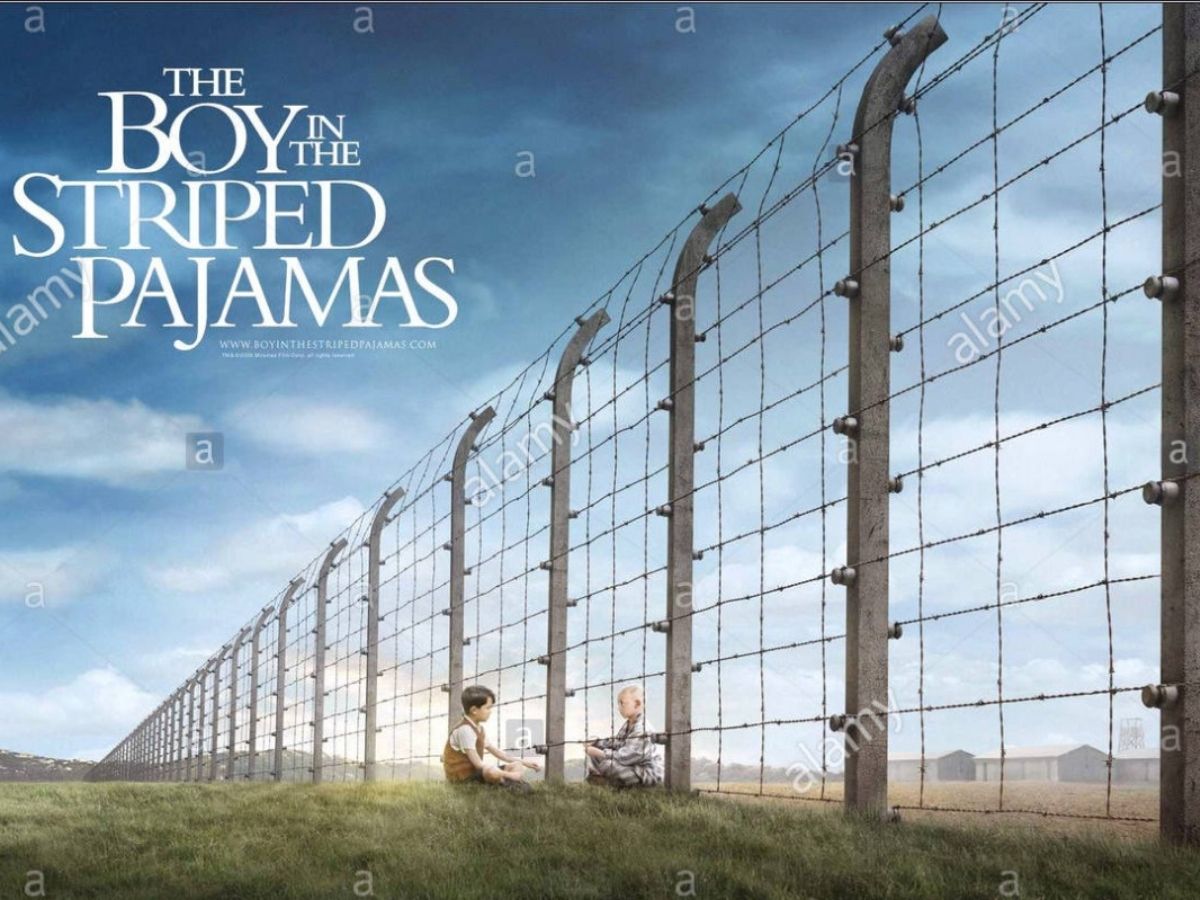Nazi camp terror movingly put in Child in Striped Pyjamas
MyReview
‘The Child in the Striped Pajamas’
Often, a story is told from a child’s perspective. It has all the wide-eyed innocence of an inquisitive child, but it also has a child’s soul-piercing gaze. ‘The Child in the Striped Pajamas’ which just dropped on Netflix is one such story. The movie is more than a decade old, and it’s subject to the horrors of a Nazi concentration camp which happened a couple of generations back, but the misery of that time comes back in a rush with this movie. And is hauntingly real and relevant even today – Why do we hate the way we do? How would this world be if we could all live in peace?
Based on the novel of the same name by John Boyne, it’s the story of an 8-year-old boy called Bruno whose father is Nazi commander Ralf during World War II. For reasons of safety the family moves from Berlin to Poland, where the incurably curious Bruno looks for ways to entertain himself, a huge point of interest being the ‘farm’ next door where he watches strange, pyjama-clad people working on the ‘farm’. One such ‘farmer’ is in his house kitchen too, peeling potatoes and tending to numerous chores. His parents who know the reality of the ‘farm’ – after all, his father is in charge of the ‘farm’ while its reality dawns on his mother Elsa – forbid Bruno from going anywhere close to that fenced hell. But a child’s curiosity must win and so it does for Bruno who goes wandering and finds himself not only next to the electrified fence but also meets Shmuel, another 8-year-old, who is a Jewish prisoner at this concentration camp, for that is what it is. Shmuel has chores to do which brings him to the fence often and thereby starts a nascent friendship, fueled by the supply of food (from Bruno) and Bruno’s envy at Shmuel having ‘so many friends to play with while he is stuck with a zealous tutor and a 12-year-old sister who is getting increasingly brainwashed into the Nazi ideology. Through the movie the ‘horrible’ smell from the giant chimneys inside the camp disturbs this small family till Lt. Kotler, another Nazi officer quips laconically – “They smell even worse when they die”. These casual words about the gas chambers send a real chill down your spine.
Things unravel when Shmuel enlists Bruno’s support to search for his missing father inside the concentration camp. The ending is unbearably tragic but underscores the sheer insanity and senselessness of all the hate which has been visited by humanity upon humanity since time immemorial.
The cast of characters is marvellous. While Bruno’s parents do a tremendous job, Bruno’s sister Gretel and the tutor Mr Liszt each have minor but strong roles to play as zealots to the Nazi cause. The interaction between the boys Bruno and Shmuel are touching. When Bruno asks Shmuel about life inside the camp and comments enviously about Shmuel’s luck at having so many friends around him, Shmuel looks uncertainly at him, almost believing the fantasy world that Bruno is building around the camp.
To me, getting a glimpse into how the hate narrative was built around Jews (even if we are aware of it) is reminiscent of many such narratives being built right at this moment in many parts of the world, including India. Hate never flows from a place of joy and security. It thrives on insecurities, fears, and a deep need to avenge the world for wrongs, perceived or real. This is the strongest message from this movie.

